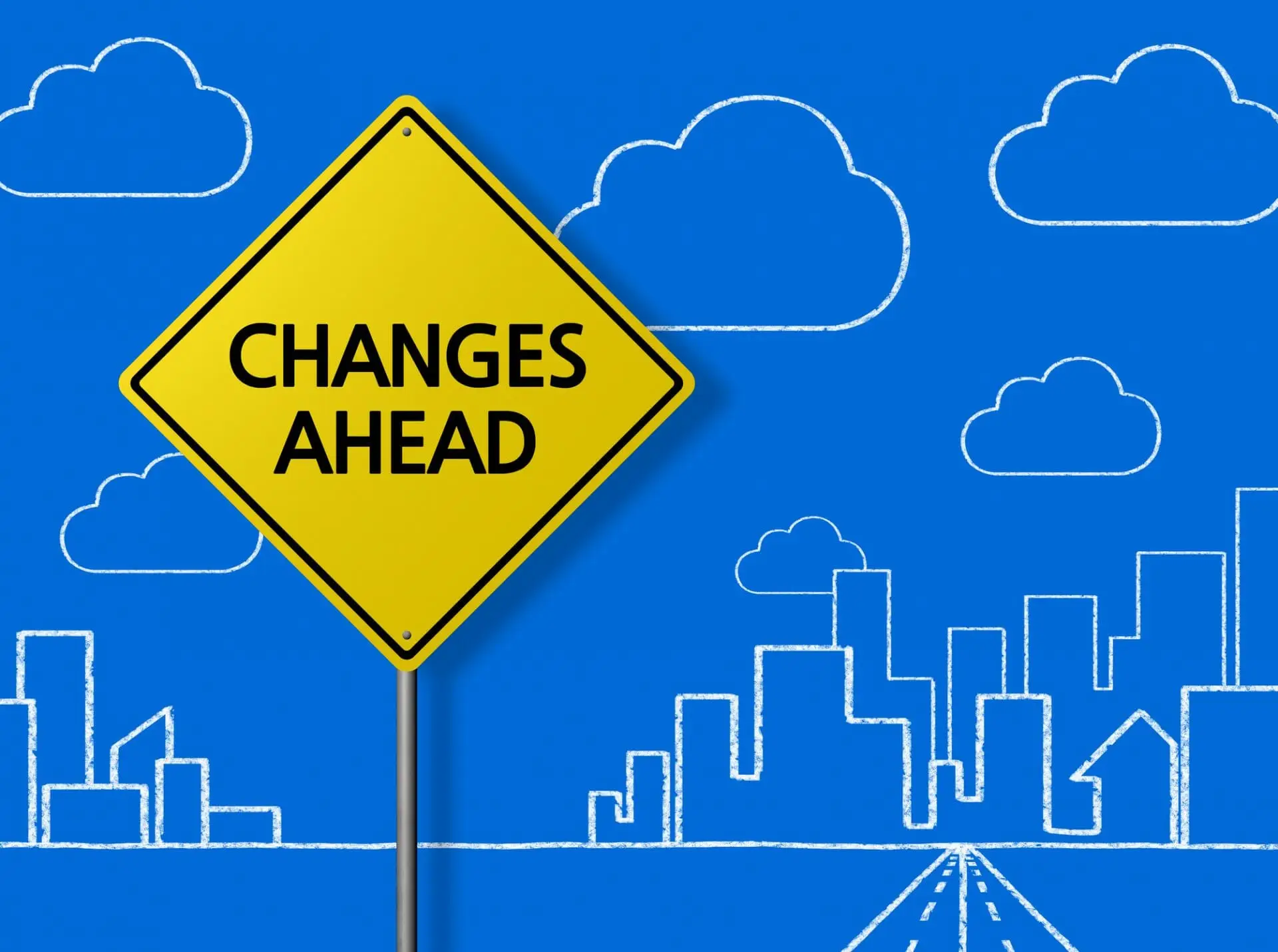The Good and Bad Effects of Remote Work
The article delves into the shift toward remote working, emphasizing its numerous advantages like increased flexibility for employees, cost savings for companies, and significant reduction in greenhouse gas emissions and carbon footprint. It highlights how remote work aids in improving work-life balance, mental health, and overall productivity. However, the article also acknowledges drawbacks, scaling from social isolation for workers, the decrease in informal office interactions, a potential negative impact on company culture to adverse effects on employees' mental health if not properly managed. It concludes by stating the need for maintaining open communications, adopting appropriate technologies, and maintaining a healthy...







